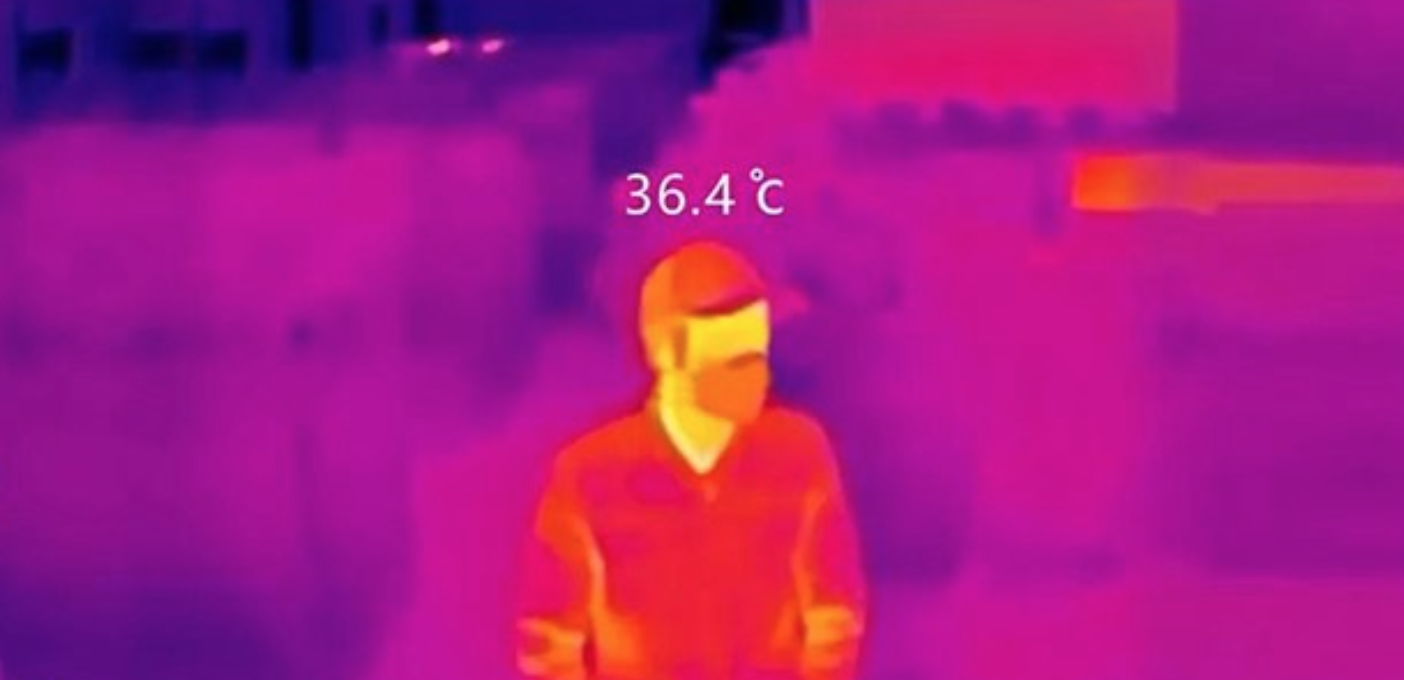
During a crisis, we have to take immediate action. But sometimes, the short-term fixes themselves become their own long-term problems.
Post 9/11
After 9/11, some things changed. We now have a permanent public security mindset. Everywhere people gather en masse, the threat of terrorism is omnipresent. This means we get our bags checked, walk through metal detectors and face a few other procedures for our collective safety. But the inconvenience hasn’t massively impacted our civil liberties.
Post Corona
Post COVID-19, we’ll see a similar pattern. Except this time, they won’t be checking for weapons we are carrying outside our bodies, but weapons we are carrying inside our bodies – viruses. Biometric testing will become the norm in places where people gather – public transport, stadiums, schools, universities and workplaces. We’ll walk through temperature sensors, breathe into analysers, look into iris scanners and be monitored by any other mass biometric measure device you can imagine. Again – not such a bad thing to keep society healthy.
Under the Skin
The problem with the above method of course, is that a virus has been shown to be capable of spreading far and wide through non-public venues. So, let’s imagine our government comes up with a better method. Every man, woman and child is given an Apple watch. The watch comes with additional sensors whose outputs automatically feed directly into a government database. The sensors constantly measure body temperature, heart rate, blood pressure, sleep patterns, where you go and who you’re near. It can even record all your conversations 24/7, which can help locate and then minimise transmissions if you are infected – just in case. Oh, and it’s mandatory for free watch holders to use Apple Pay for all their purchases – which also links to the database.
Like magic, government algorithms could analyse data and find health problems before we know we are sick and stop a potential chain of infection in its tracks. A potential epidemic could be over in mere days.
That would be awesome, right?
Long Lead Thinking
While the benefits of the above idea can clearly be seen, giving legitimacy to this level of surveillance would have a compound effect in other areas of our lives. We’d be opening up our bodies and letting big tech and government get under our skins, literally. How could the data be used in unintended ways? How could minorities be targeted? What if the data were to be hacked? How could it be matched geographically and time-stamped to other online activities? The government can start to know not just what we watch and read, but what we think and our emotional reactions towards it. All of a sudden we could have a surveillance state that literally knows how we personally feel about everything. Happiness, sadness, elation, fear and anger – our most internal and private states of being would all be on file. Forget personality testing, we’d be ranked.
The Power of Inconvenience
We need the wisdom to understand convenience always has a price. And if the price of goods in 7-Eleven has taught us anything, It’s always high.
- Fast food is quick and convenient – but has had a massive consequence on our health
- Fossil-fuelled economies grow quickly, but at the cost of endangering the climate
- Handing over our personal data can produce powerful information for collective gain, but we lose privacy and individual agency.
The consequences of actions today, happen long after the moment has passed. And often, they are beyond anything we can even imagine.